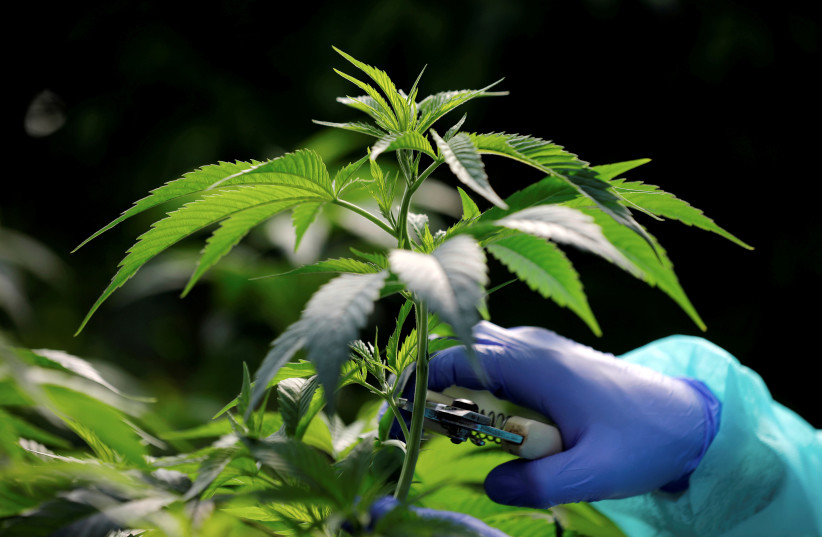Specially trained doctors will be able to provide a prescription for the possession and use of medical cannabis for patients with certain types of conditions instead of having to apply for a license. This was decided Tuesday by the Knesset Health Committee, and the change in regulations will enter into force 180 days after their publication.
Until now, to get medical cannabis legally, a patient had to obtain a license with the approval of the ministry or certain doctors who were trained for this.
“We are thinking about patients’ welfare and the need to relieve their pain. This is only the first step; there are medical indications that require consideration and treatment. We will increase the supply of doctors and accessibility and to lower the prices of medical cannabis while dealing with ‘leakage’ and misuse of the drug.”
Uriel Busso
The new regulations state that from now on, some applicants – those who suffer from epilepsy, Crohn’s disease, dementia, autism (without an age limit), malignant cancers, multiple sclerosis, AIDS, and terminally ill patients whose life expectancy does not exceed six months – will no longer need a license.
They will be able to get a prescription from doctors who will undergo special training on the subject (not including family doctors, pediatricians or internal medicine specialists).
Committee chairman MK Uriel Busso said that “We are thinking about patients’ welfare and the need to relieve their pain. This is only the first step; there are medical indications that require consideration and treatment. We will increase the supply of doctors and accessibility and to lower the prices of medical cannabis while dealing with ‘leakage’ and misuse of the drug.”

How many Israelis receive medical cannabis?
There are today 100,000 Israeli patients with licenses to consume medical cannabis, and most of them suffer from diseases/pain and post-trauma. During the discussions on the regulations, patients expressed their indignation that precisely these conditions are not included in the regulations.
“Green Leaf” activist Ben Ben Harut commented at the meeting that “the system is ready to allow the supply of other pain relievers without hesitation but makes it difficult for many groups to get a safe medicinal plant.”
Dr. Rashad Kashkosh from Clalit Health Services added that “We need to make it easier for the patients and not more difficult. Today, some patients have to beg to get medical cannabis.”
Aharon Shabi, director of the addiction treatment service at the Welfare and Social Services Ministry. said: “We must ensure that cannabis prescriptions don’t increase addiction and cause a drift to the use of additional psychoactive substances. There are quite a few inquiries about loss of control and consumption of street drugs.”
Prof. Hagai Levine, chairman of the Association of Public Health Physicians, warned that “the regulations dramatically expand the numbers of doctors who can approve the use of cannabis and the medical indications that allow a prescription. Therefore, the Israeli Medical Association suggested clearly instructing in the regulations that the recommended mode is not by smoking."
